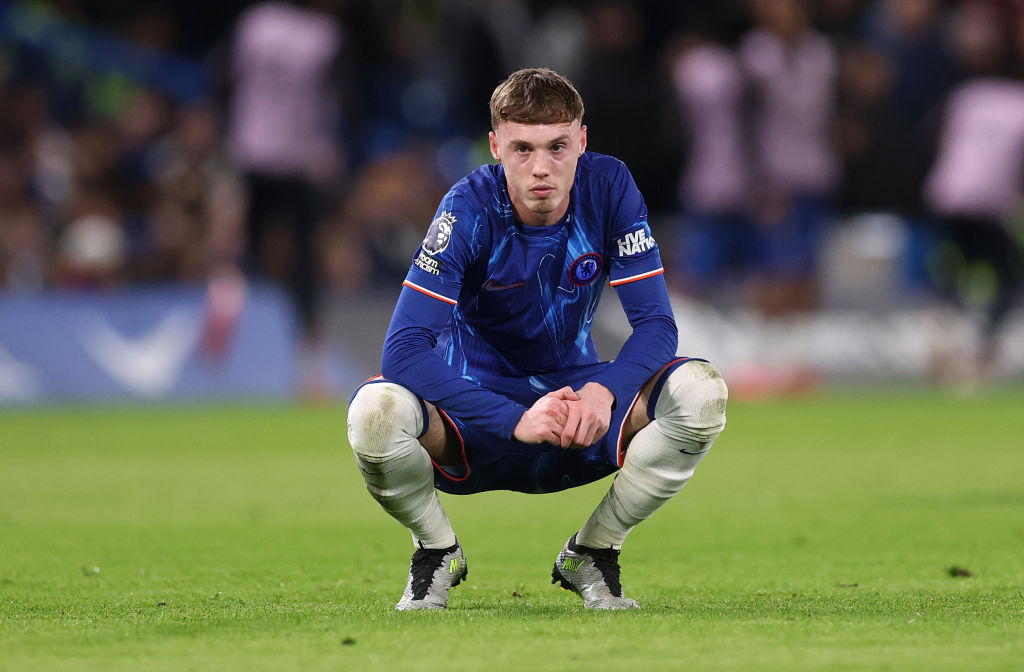Why the USA are looking to Spain rather than England to win the World Cup
US soccer bosses hope that a link-up with La Liga could be the next step in their rise to global glory…
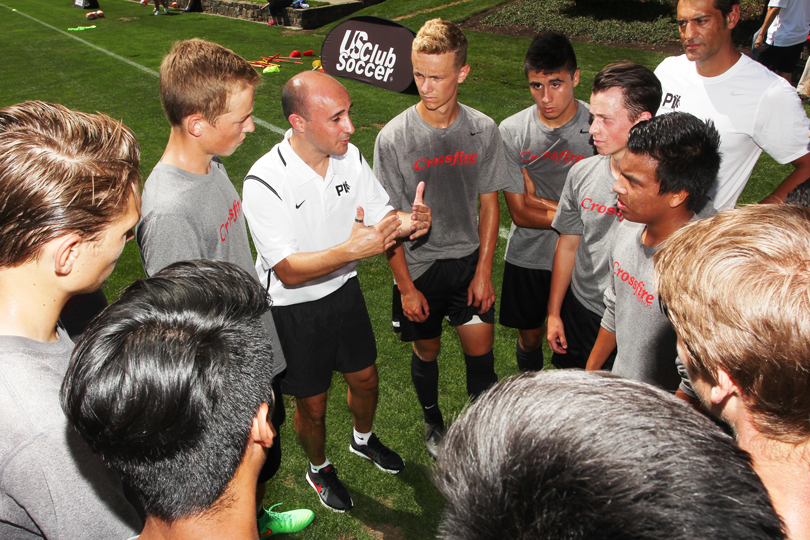
“Our players tend to be very good athletes and very competitive, but we’re usually not as technical as we need to be. We need to become far more comfortable on the ball under pressure.”
It could be an Englishman talking, but it’s not. It’s Kevin Payne, the CEO of US Club Soccer.
His brief assessment of the current state of play in the United States perhaps tells you why his youth football organisation has just confirmed an official partnership with La Liga, rather than the Premier League.
Spanish lessons
England is ahead of us in terms of technical skills but it certainly isn’t at the level of Spain, Germany or Holland
The bond is likely to be mutually beneficial. La Liga know they need to raise their profile in the US and around the world, in a bid to bridge the finance gap to the Premier League. The last Premier League overseas TV deal brought in £2.2bn, around £165m of which came from the US. That figure is expected to double in the next deal.
The US, in turn, will benefit from the coaching expertise in La Liga, which helped to produce a Spanish national team that won the 2010 World Cup and two European Championships, as well as a chap called Lionel Messi.
Coaches from Spain will travel regularly to the US to pass on ideas to their American counterparts, and to young players in the country. Players and coaches from the US will also get the opportunity to visit La Liga clubs to study technique at close quarters and play friendlies, while youngsters will be given access to a website showing skills.
Get FourFourTwo Newsletter
The best features, fun and footballing quizzes, straight to your inbox every week.
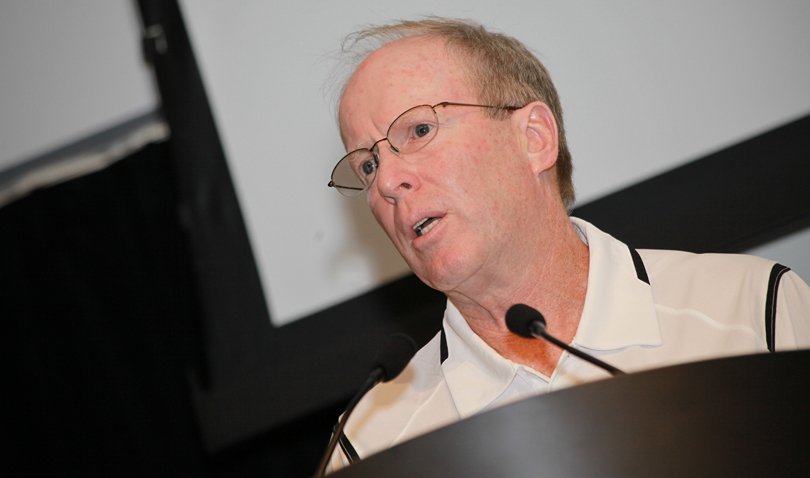
“I would say that La Liga is the most technical league in the world, and it is arguably the best league in the world, certainly based on results in UEFA competitions,” Payne tells FFT.
“England is ahead of us in terms of technical skills but it certainly isn’t at the level of Spain, Germany or Holland.
“This partnership actually happened after an introduction by Nike. They are our primary sponsors and are also the sponsors of La Liga, who were looking for a partner in the United States at grassroots level so they could begin to raise the profile of the brand here.
“They want to do it by providing resources and support for the game in this country. We want to engage young players. We want them to identify with players – not just Messi. There are players in a wide variety of positions they can admire in La Liga.”
Think of the kids
We have hit a bit of a plateau and I think the reason is that our system of training doesn’t focus enough on technical training
Fernando Sanz, the former Real Madrid defender, played a key role in the partnership as the man tasked with boosting La Liga’s profile overseas.
“I think they recognise that they’ve given the Premier League a head start of 15 or 20 years in terms of creating a global brand,” Payne says. “While the two biggest teams in the world are in La Liga, the league itself doesn’t enjoy that same level of worldwide recognition. They have some really dynamic leadership in their international department and they’re trying to employ a real strategy.”
Quarter-finalists at the 2002 World Cup, the United States have been eliminated in the last 16 at the last two tournaments and Payne thinks that youth development still has some way to go in the country. Get it right, though, and the potential to win a World Cup is there.
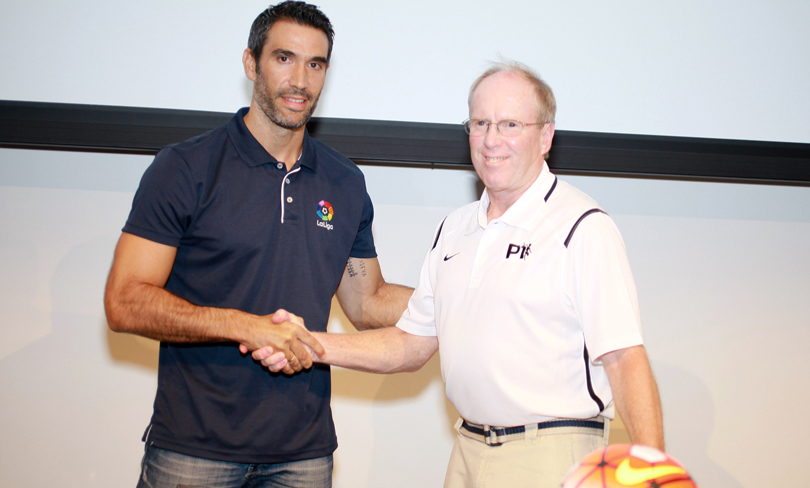
“I certainly would hope so but it’s a long way off and we have to do a lot of things better than we’re doing them now,” Payne says.
“There haven’t been that many countries that have won World Cups, so it’s not an easy thing to do. I look at it more as, ‘Can we compete to win the World Cup?’ Germany don’t always win the World Cup but they’re always in the mix. We want to be at the point where we’re a serious contender at least.
RECOMMENDED Matt Miazga: The Polish-American centre-back who's caught the eye of Chelsea
“My own opinion is that we have hit a bit of a plateau and I think the reason is that our system of training doesn’t focus enough on technical training at a young enough age.
“In our country there is too much emphasis on results in youth soccer. Because of the college network there are more players who are outcome-driven in their youth soccer experience, but not enough have been trained to be top-notch professionals or national team players.
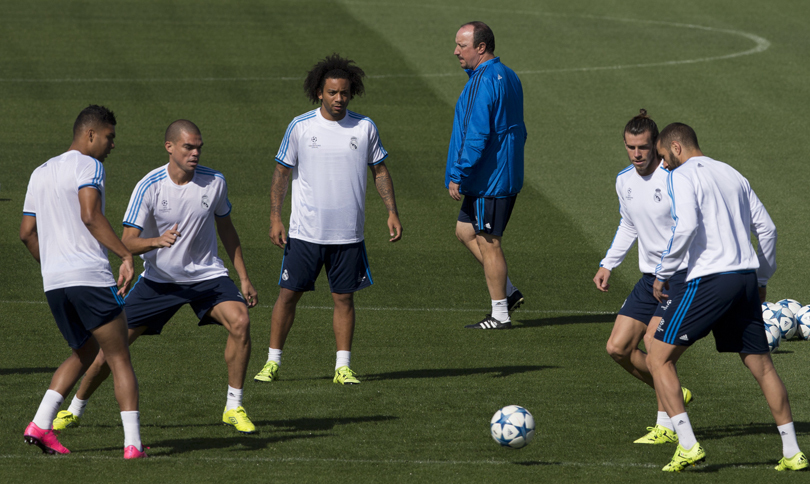
“Coaches tend to focus on athleticism from an early age because that’s what produces results at youth level.
“We need to become more focused and we need to develop a real philosophy in this country. Slowly but surely we’re getting there but it’s not something that happens overnight.”
Unique approach
Youth soccer is a $5bn business in the US. I don’t think anywhere else in the world is quite like that
Payne is keen to stress, though, that the US are not looking to simply copy Spain. The differences between the two countries make that impossible, particularly as MLS only started 19 years ago.
“Youth soccer in the US developed in the absence of a professional league,” he says. “It’s never been looked at as a feeder system for professional clubs, although that’s changing a bit because each MLS team has a fairly extensive academy programme now.
“The money spent on youth soccer in the US – on registrations, the clubs and basic coaching services, not counting things like travel – is somewhere around the same annual revenue as the Premier League. It’s a $5bn business in the US. I don’t think anywhere else in the world is quite like that.
“Our organisation, US Club Soccer, has about half a million members and 80% are competitive players. Maybe 20% are recreational. US Youth Soccer has around three million members and they’re the opposite, about 80% recreational. Then AYSO (the American Youth Soccer Organisation) has about half a million members, probably 90-95% recreational.
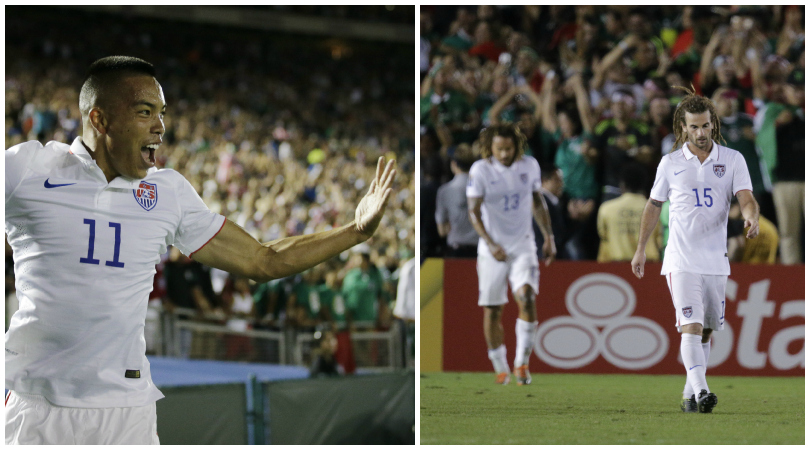
RECOMMENDED Where it’s all going wrong for Jurgen Klinsmann and the United States
“Each of the major organisations has a different profile and provides different services. I don’t think it’s quite like any other country in the world so we have to find our own American way of training young players.
“There are many things we can learn from countries like Spain and organisations like La Liga but it’s not like we can suddenly say for example, ‘That’s the way the Dutch do it, so that’s the way we have to do it’.
"Probably 45 of our states are larger than Holland. We are basically a continent, our population is 340 million. It’s a different kind of task.”
Some day, one suspects they will prove more than equal to that task. Maybe learning a little from Messi & Co. will accelerate the process.

Chris joined FourFourTwo in 2015 and has reported from 20 countries, in places as varied as Jerusalem and the Arctic Circle. He's interviewed Pele, Zlatan and Santa Claus (it's a long story), as well as covering the World Cup, Euro 2020 and the Clasico. He previously spent 10 years as a newspaper journalist, and completed the 92 in 2017.
